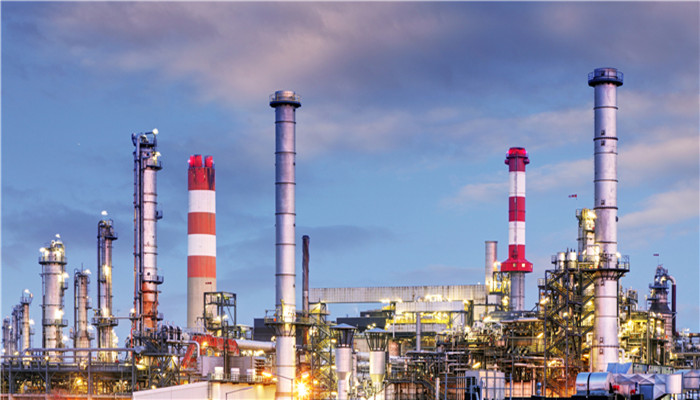
As an important way to ensure energy security, the development trend of the coal-to-olefins industry continues to improve.
Coal-to-olefins, also known as coal-based methanol-to-olefins, refers to the technology of using coal as raw material to synthesize methanol and then using methanol to produce olefins such as ethylene and propylene. At present, oil shortage has become the main challenge restricting the development of my country’s olefins industry. Coal-to-olefins, which replaces oil with coal to produce methanol, can greatly reduce my country’s over-reliance on oil resources and promote clean and efficient utilization of coal in my country.
According to the “2022-2027 Coal-to-olefins Industry In-depth Market Research and Investment Strategy Suggestions Report released by the Industrial Research Center, coal The production of olefins mainly includes two processes: coal-to-methanol and methanol-to-olefins. Methanol-to-olefins technology is the core link of coal-to-olefins technology. The more representative methanol-to-olefins technologies in my country include Tsinghua University’s fluidized bed methanol-to-propylene (FMTP) process, Sinopec Shanghai Petrochemical Research Institute’s SMTO process, and National Energy Group’s SHMTO Complete set of technologies, etc. The SHMTO complete technology has the process characteristics of ready-to-generate catalyst, high carbon fixation, regenerated catalyst, and low reaction space velocity. It has been applied to the 1.80 million tons/year methanol-to-olefins unit of Xinjiang Chemical Industry.
The main raw material for coal-to-olefin production is coal. my country is a major coal producer, and coal output has maintained a steady growth trend for a long time. According to data from the National Bureau of Statistics, my country’s industrial raw coal output above designated size will be 4.07 billion tons in 2021, a year-on-year increase of 4.7%. Our country has a vast territory and rich mineral resources, and coal resources are concentrated in the western and northern regions. In recent years, driven by national policies, my country’s overall coal supply capacity has increased significantly, and prices have remained stable for a long time, which will lay the foundation for the development of the coal-to-olefins industry.
Ethylene and propylene are the downstream industries of coal-to-olefins. Ethylene is mainly used to produce polyethylene, polyvinyl chloride, ethylene-propylene rubber, etc.; propylene can be used to produce acrylonitrile, isopropyl alcohol, polypropylene, propylene oxide and acetone. As important basic raw materials for organic chemicals, my country’s ethylene and propylene production has continued to grow in recent years. According to data from the National Bureau of Statistics, my country’s ethylene production reached 28.257 million tons in 2021, an increase of 6.657 million tons compared with 2020. As the demand from downstream industries continues to grow, my country’s coal-to-olefins market space will continue to expand.
my country’s leading coal-to-olefin companies include Baofeng Energy, Luxi Chemical, Zhong’an United, Xinjiang Chemical, China Coal Yulin, etc. Baofeng Energy’s main businesses include coal-to-olefins, fine chemicals, coking, etc. Baofeng Energy’s current coal-to-olefins production capacity reaches 1.20 million tons per year, accounting for nearly 10.0% of the country’s total production capacity, ranking the industry leader.
Industry analysts said that coal-to-olefins are an important way to realize my country’s energy strategy of “replacing coal with oil” and ensure national energy security. First, market demand continues to grow and industry prosperity continues to improve. my country is a major coal producer. Benefiting from national policy support and stable supply of raw materials, my country’s coal-to-olefins production capacity continues to expand, and the industry’s development trend continues to improve.

 微信扫一扫打赏
微信扫一扫打赏

